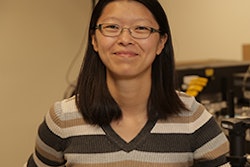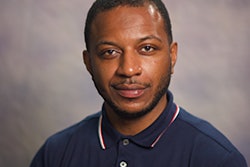Dr. Apryl Alexander aspired to become a veterinarian upon starting her college career at Virginia Tech.
However, after engaging in volunteer work at the women’s resource center near campus — where she learned about the prevalence of violence, interpersonal violence and the impact of violence — Alexander switched majors to psychology. She then went on to earn her master’s degree from Radford University in clinical psychology.
After receiving her doctorate from the Florida Institute of Technology, Alexander held a fellowship at the Minnesota State Operated Forensic Services, where she trained within the forensic psychology field.
She eventually fell into academia after finding a position at Auburn University. There, Alexander became a clinical assistant professor at the university and oversaw research within a treatment program, which worked with adolescents who had committed sexual offenses.
“This is work I’ve been wanting to do for years in noticing that some of the adolescent victims that I had worked with went on to engage in perpetration themselves,” says Alexander.
After working at Auburn for three years, Alexander began looking for a new position. She wanted a space where she could become more involved in advocacy and public policy work.
Alexander eventually became clinical assistant professor at the University of Denver, teaching within the Masters of Forensic Psychology program in the Graduate School of Professional Psychology.




















